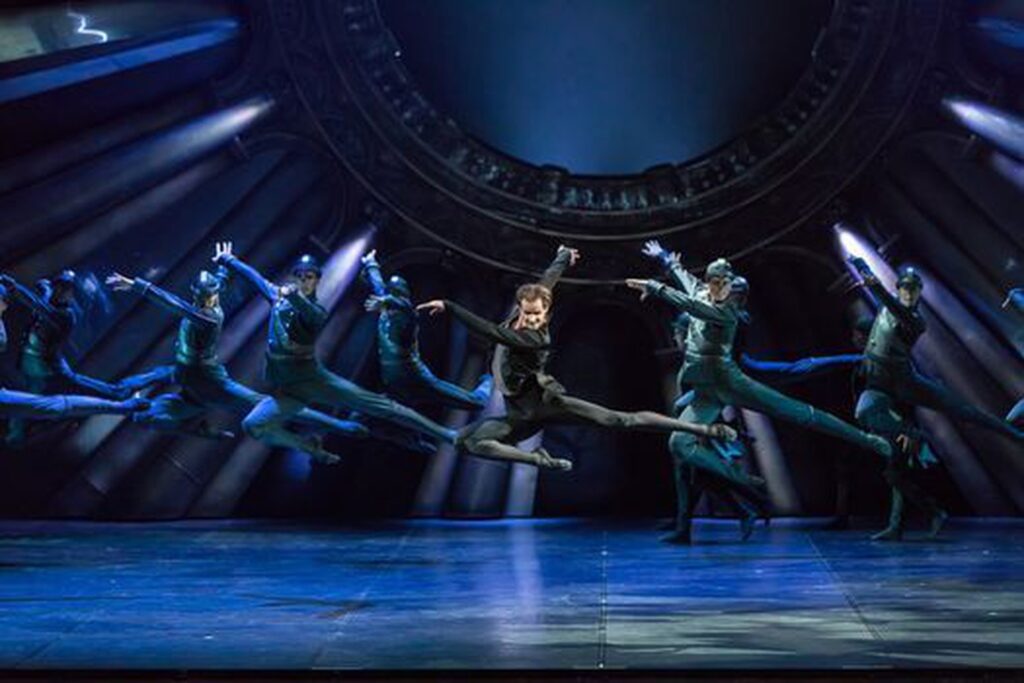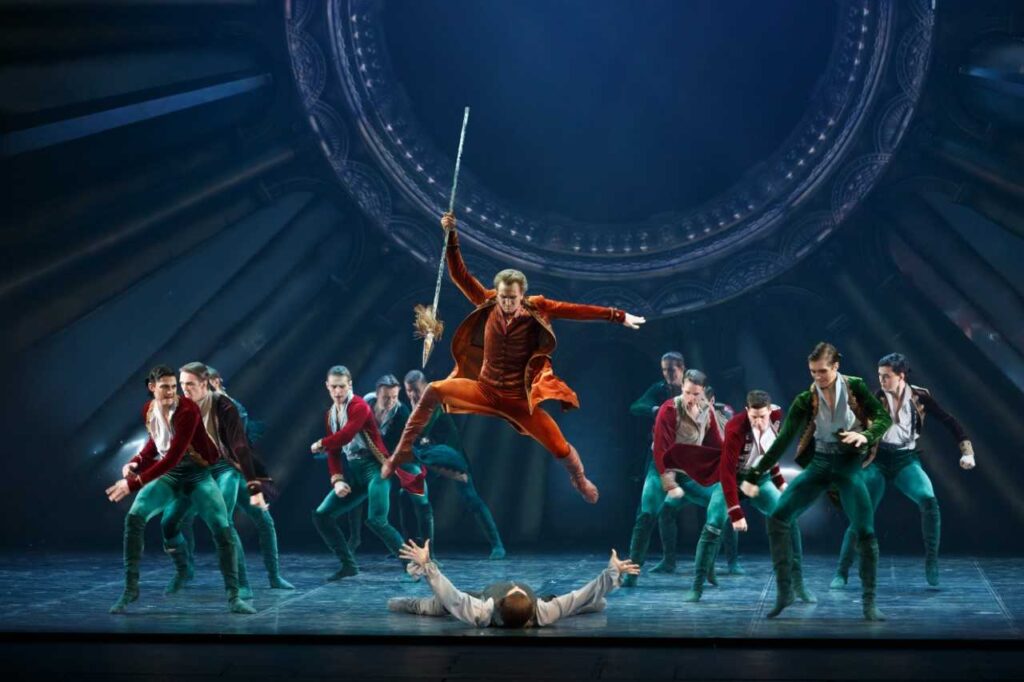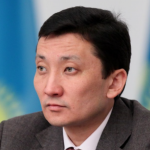Boris Eifman’s ballet is an iconic Russian performance, but its Russian counterpart, the Russian Hamlet Musical, has never been seen on the big screen. While we’ve written about the ballet and film versions. We’ve also looked at the music of Shostakovich. The music of Hamlet is particularly moving. And it can be difficult to watch an opera in Russian if you’ve never seen it before. In this article, we’ll explore the music of the Russian Hamlet Musical.
Boris Eifman’s ballet
The ballet by Boris Eifman was a huge hit. The production was performed in many countries, with varying degrees of success. It was written about in a New York Times review by Bella Yezerskaya, a Russian journalist. She said that Eifman had a way of creating electrifying images and theatrical fantasies. However, it wasn’t until 2012 that this ballet was take out of the ballet repertoire.
This product was create by the founder of the Saint Petersburg ballet company, Boris Eifman, who adapt Shakespeare’s play for the ballet stage. The ballet was created to mark the company’s 40th anniversary and was a re-imagining of Shakespeare’s play. Eifman used the storyline of the Russian House of Romanov in the 18th century to draw parallels between Paul, a Russian prince, and Shakespeare’s Danish prince. Boris Eifman used music by Mahler and Beethoven to set the ballet.

Russian Hamlet Chicago Tickets
If you want to purchase tickets for Russian Hamlet in Chicago, you’ve come to the right place. Boris Eifman, the founder of the Russian Ballet Company, a Visiting Resident Company at the Auditorium Theatre, created this classical Russian ballet. The ballets by this company are extravagant, dramatic, and driven by powerful emotions. The dancers in this production are highly artists. You’ll experience the full range of human emotions in this production of Russian Hamlet.
To purchase Russian Hamlet Chicago Tickets, you’ll need to know the price range of the show. Prices vary depending on where you sit. Balcony and mezzanine seats typical start at $40 but may cost up to 70 dollars. Center orchestra seating is often the most expensive and is usually available for $150 or more. Tickets4chicago interactive seating chart makes finding the best seats easy. By keeping the performance’s length and venue in mind, you can choose the best seat for your budget and enjoyment.
Boris Kozintsev’s film adaptation
This renowned Soviet production ranks as one of the finest Shakespeare adaptations on film. Its strong visual style and respect for the inner character of Russian Hamlet Chicago make it a classic. Laurence Olivier, who directed the 1948 English adaptation of Hamlet, laud Innokenty Smoktunevsky’s Hamlet performance. A role that also featured in the Russian film.
While the re-imagining of Russian Hamlet Chicago by Kozintsev has many good aspects. The film is not a showcase for the language or acting in the play. The film director has far more opportunities to play with the visual language of the play than the stage director does. In addition, the actor’s performance becomes just one aspect of what is filmed.
Boris Akunin’s stage adaptation
This staging of the classic Shakespeare play presents a deconstructed version of Russian Hamlet Chicago. Boris Akunin, a Russian writer, best known for his detective fiction. Rewrote the text with the help of English playwright Tom Stoppard, focus on the original dialogue. The stage adaptation of Hamlet is a highly theatrical production with superb performances and striking presentational elements. The premise of Boris Akunin’s Hamlet is a fascinating one. Despite its deconstructed approach, it remains true to Shakespeare’s original text. With inventive counter-narrative twists and a paranoid denouement.
The play begins with Hamlet’s first visit to his father’s castle. Horatio, the Prince of Denmark, is the first to see the Ghost of Russian Hamlet Chicago father, who has just returned from his quest to prove his treachery. This event spirals Hamlet into despair and doubt. But when he finally reveals the truth to Horatio, he regains his faith in the family and his destinies.

Shostakovich’s music for Russian Hamlet Chicago
Throughout the play, Shostakovich’s music for Hamette evokes the themes of past, present, and future, as well as cumulative experiences. This approach to interpreting the play’s music provides a more rounded reading of the play than diegetic stage music does. For instance, Kozintsev frames the Ghost’s appearance against the seascape. Indicating that Hamlet is no longer emotionally bond with the court and its illegitimacy.
The theme that first appeared in the play represents Hamlet’s return to the sea after his death and his pause before acting. Which recurs throughout the rest of the play. As a result, this theme has a recurring appearance throughout the score. And is the first complete statement of the Ghost. This theme represents the point of stability in Russian Hamlet Chicago life, and, in this regard, Shostakovich’s music for Hamlet evokes this theme, and a similar motif emerges in the second part of the score.






















